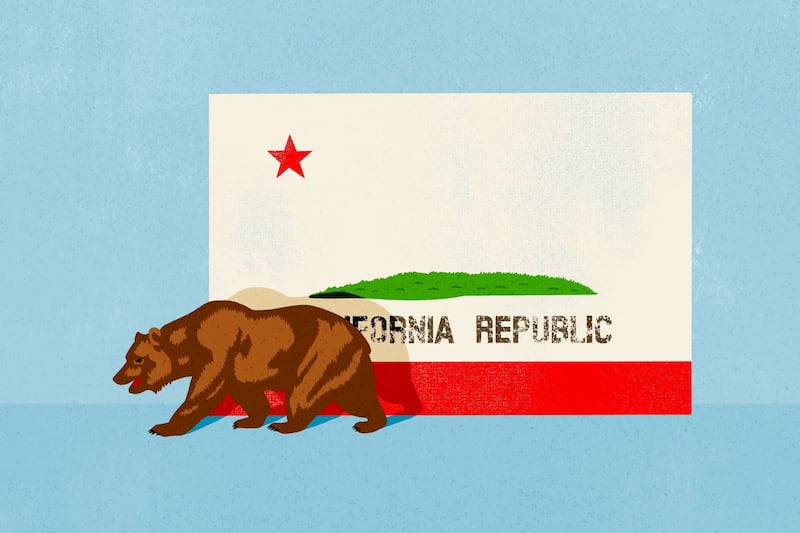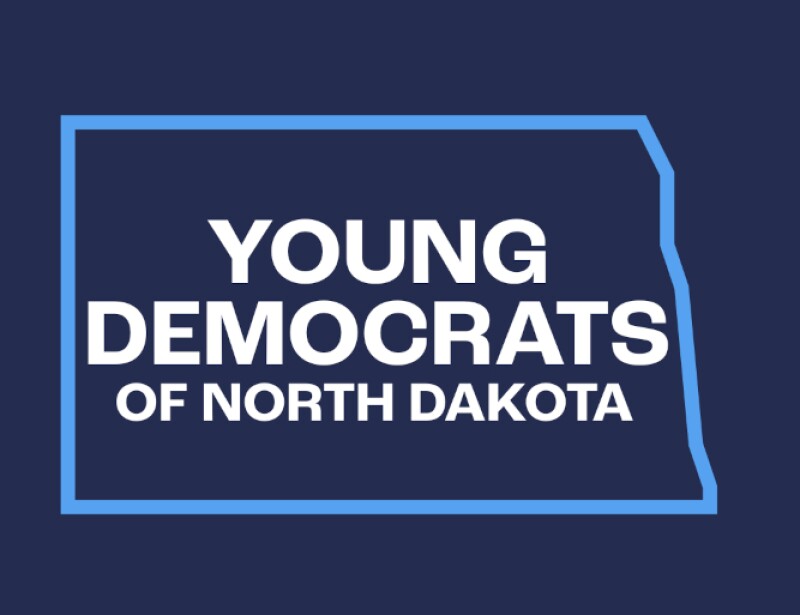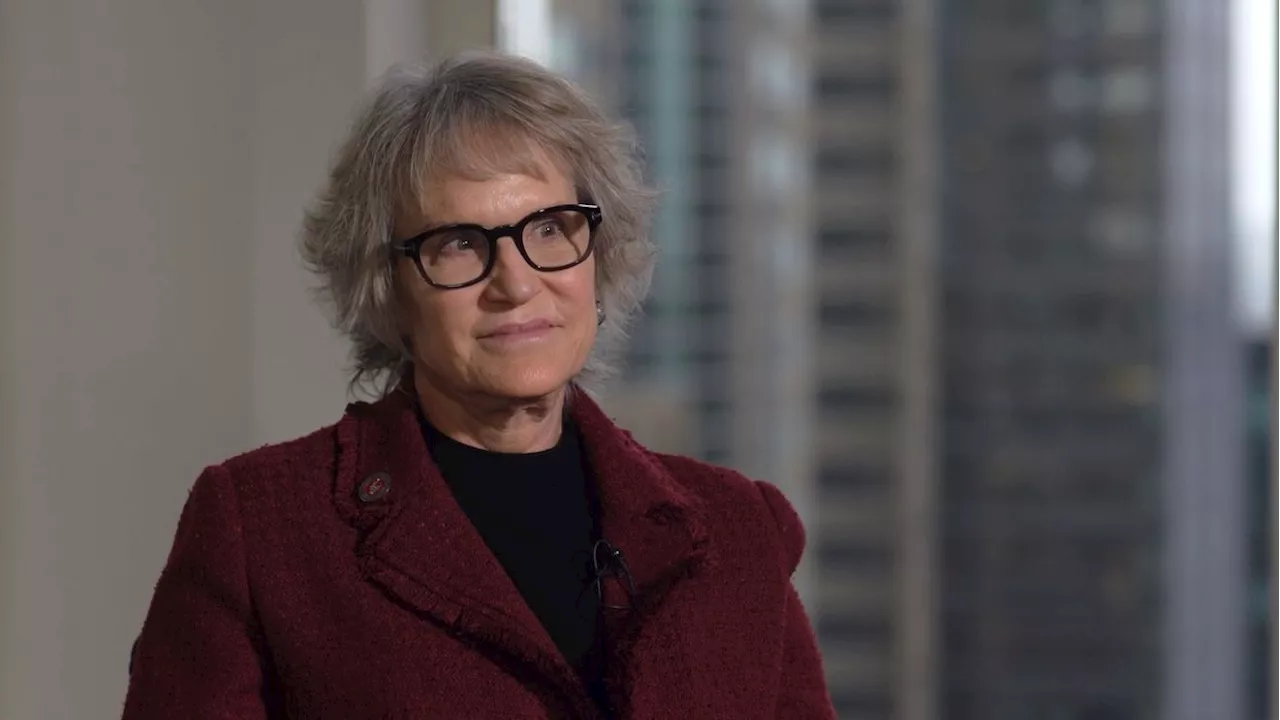
A recent ruling by a federal judge has declared California’s law prohibiting certain deepfake images and videos of politicians unconstitutional. This decision marks a significant legal victory for The Babylon Bee, a satirical website known for its provocative humor about political issues, including its pointed critiques of Governor Gavin Newsom.
In a satirical video released last year, The Babylon Bee invited viewers to visit California, promoting it as “America’s future” while highlighting the state’s challenges, such as homelessness, wildfire threats, and heavy traffic congestion. The video humorously claimed, “California is a premium state with premium ideas,” showcasing the state’s high housing prices and taxes. This mockery has contributed to The Babylon Bee’s reputation as a leading voice in political satire, particularly towards figures like Newsom, who has been a frequent target of conservative commentary.
The legal challenge originated from a California law, AB 2839, which aimed to regulate “materially deceptive” content about candidates and election officials, notably during election periods. Another law, AB 2655, required social media platforms with over one million users to remove such content. The impetus for this legislation was a doctored video of Kamala Harris shared by Elon Musk, which many, including the creator Christopher Kohls, known as Mister Reagan, argued was clearly intended as parody.
On October 1, 2023, the federal judge ruled against the state’s laws, emphasizing that “novel mediums of speech and even low-brow humor have equal entitlement to First Amendment protection.” This statement has been interpreted as a validation of The Babylon Bee’s style of humor, even if deemed “lowbrow” by some. Seth Dillon, CEO of The Babylon Bee, expressed his satisfaction with the ruling, stating, “Our job is hard enough when our jokes keep coming true, as if they were prophecies.” He further emphasized the importance of the First Amendment in allowing satire and humor, even at the government’s expense.
California’s legal landscape often reflects the ongoing tension between innovation and regulation. Governor Newsom’s administration has attempted to navigate this delicate balance. He has engaged with significant social issues while also participating in humorous exchanges on social media that sometimes mimic the style of former President Donald Trump. This duality illustrates the complexities of governance in a state known for its progressive policies as well as its eccentricities.
The ruling has broader implications for how political deepfakes are addressed in the digital age. While the court acknowledged the potential risks posed by deepfakes to political integrity, it maintained that regulatory measures must be the least restrictive means of achieving legitimate government interests. This perspective underscores an important tenet of free expression in the United States: the ability of individuals to discern truth from satire.
As the debate over political deepfakes continues, the recent ruling serves as a reminder of the evolving landscape of digital communication and its intersection with free speech. For now, The Babylon Bee can continue its satirical contributions to political discourse without the looming threat of state censorship. With the judge’s decision, the line between comedy and commentary remains distinct, allowing for a robust exchange of ideas—even those that some may consider lowbrow.
The implications of this ruling extend beyond just The Babylon Bee, reflecting a broader conversation about the role of humor and satire in political dialogue. As society grapples with the complexities of misinformation and digital media, the importance of protecting the right to joke and satirize remains vital in maintaining a healthy democratic discourse.







